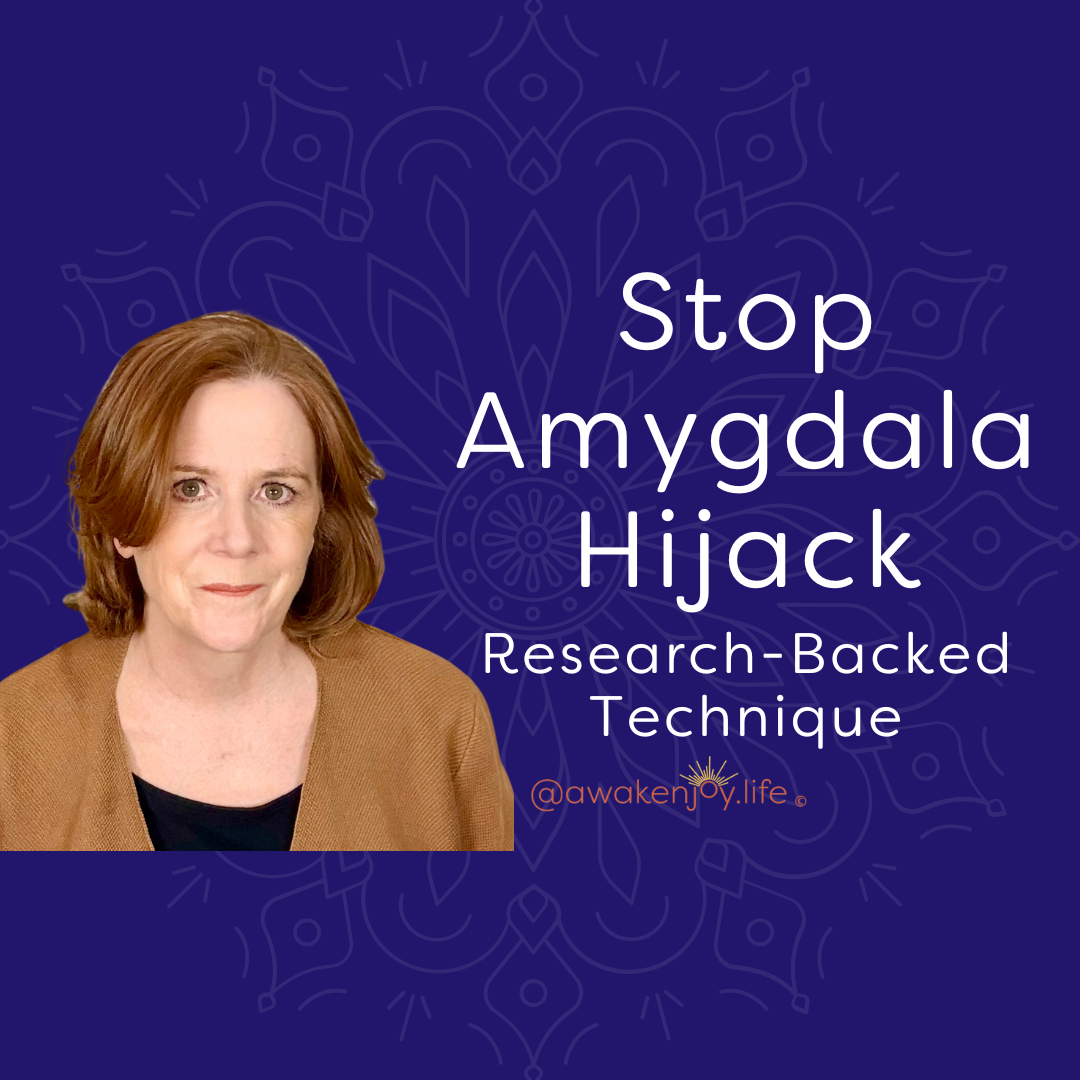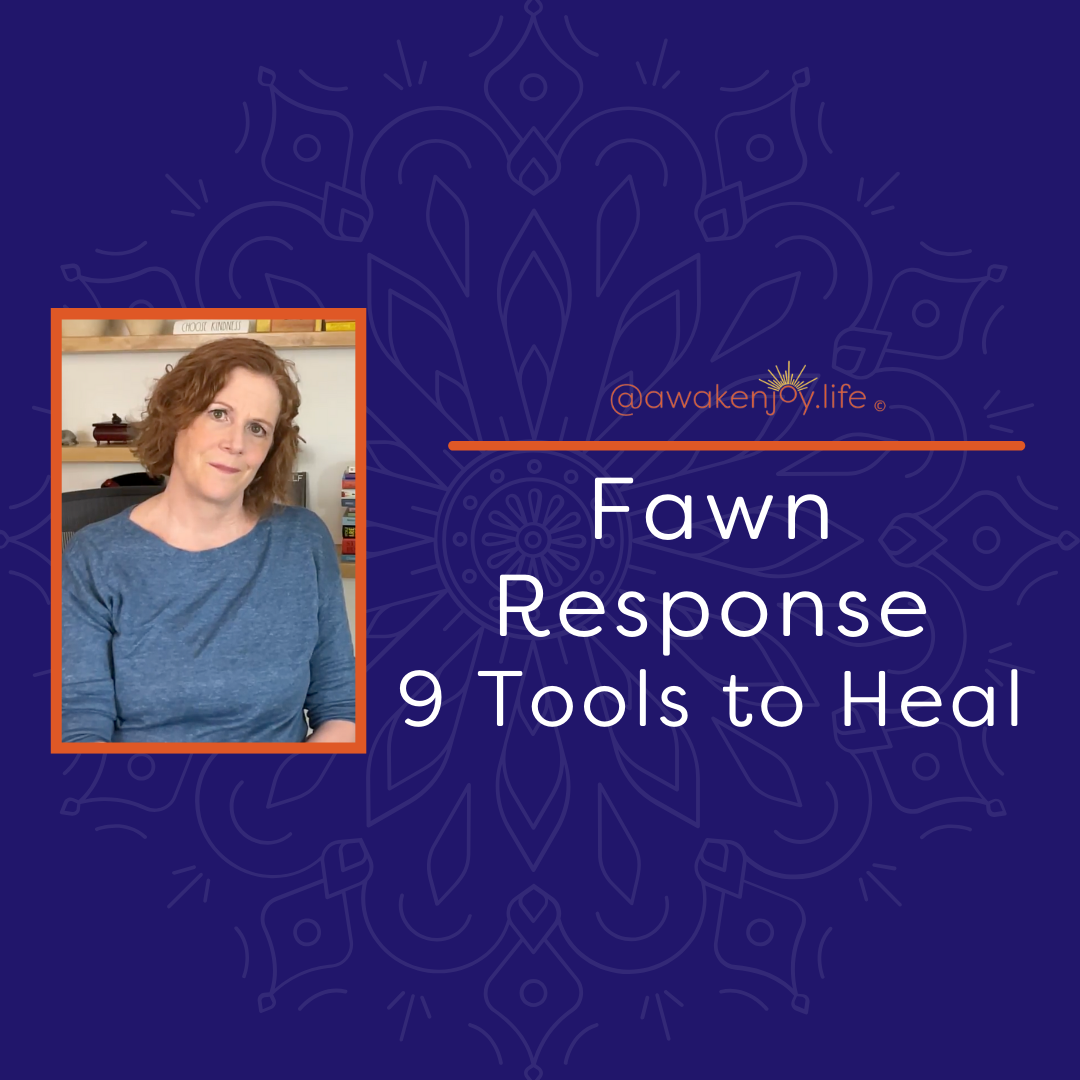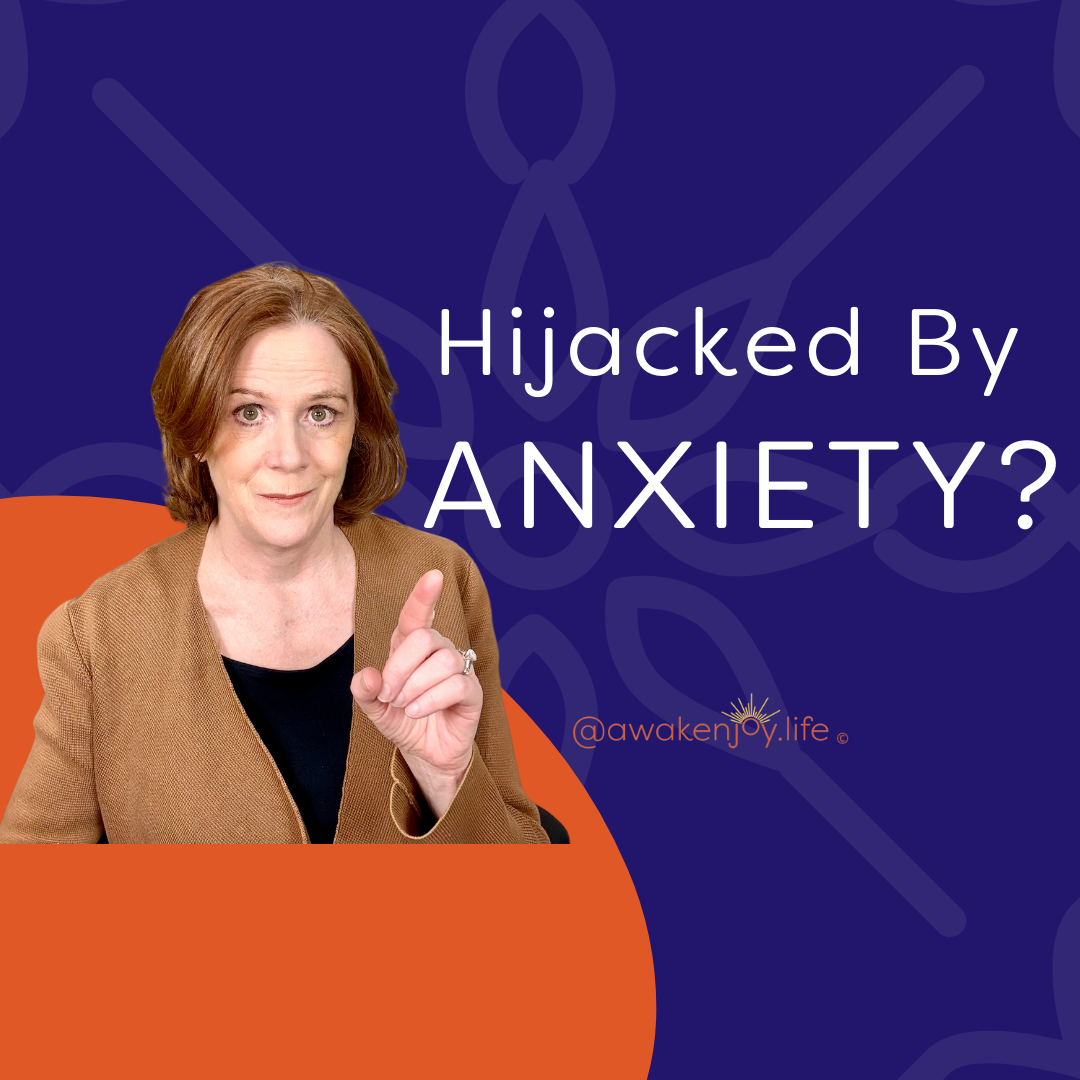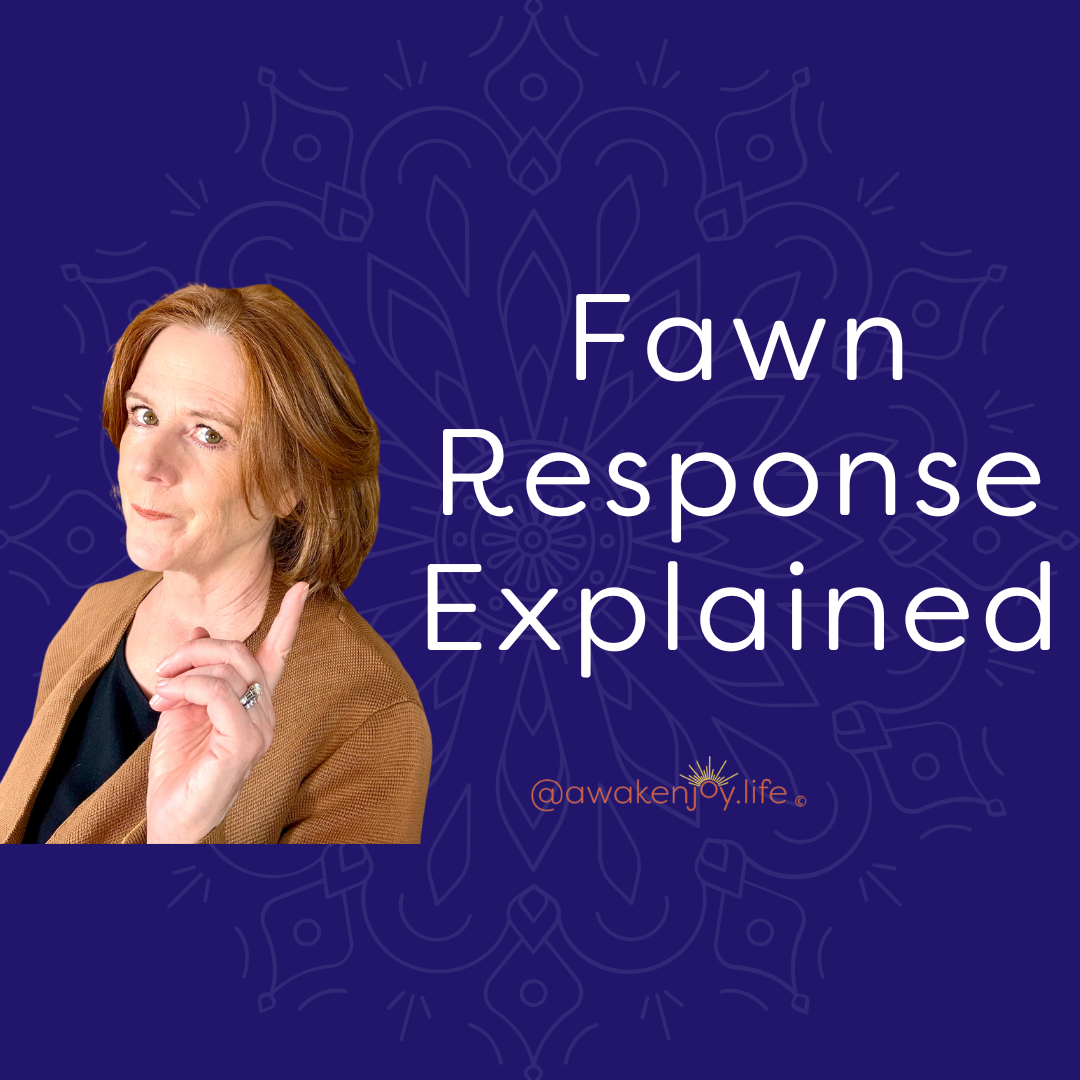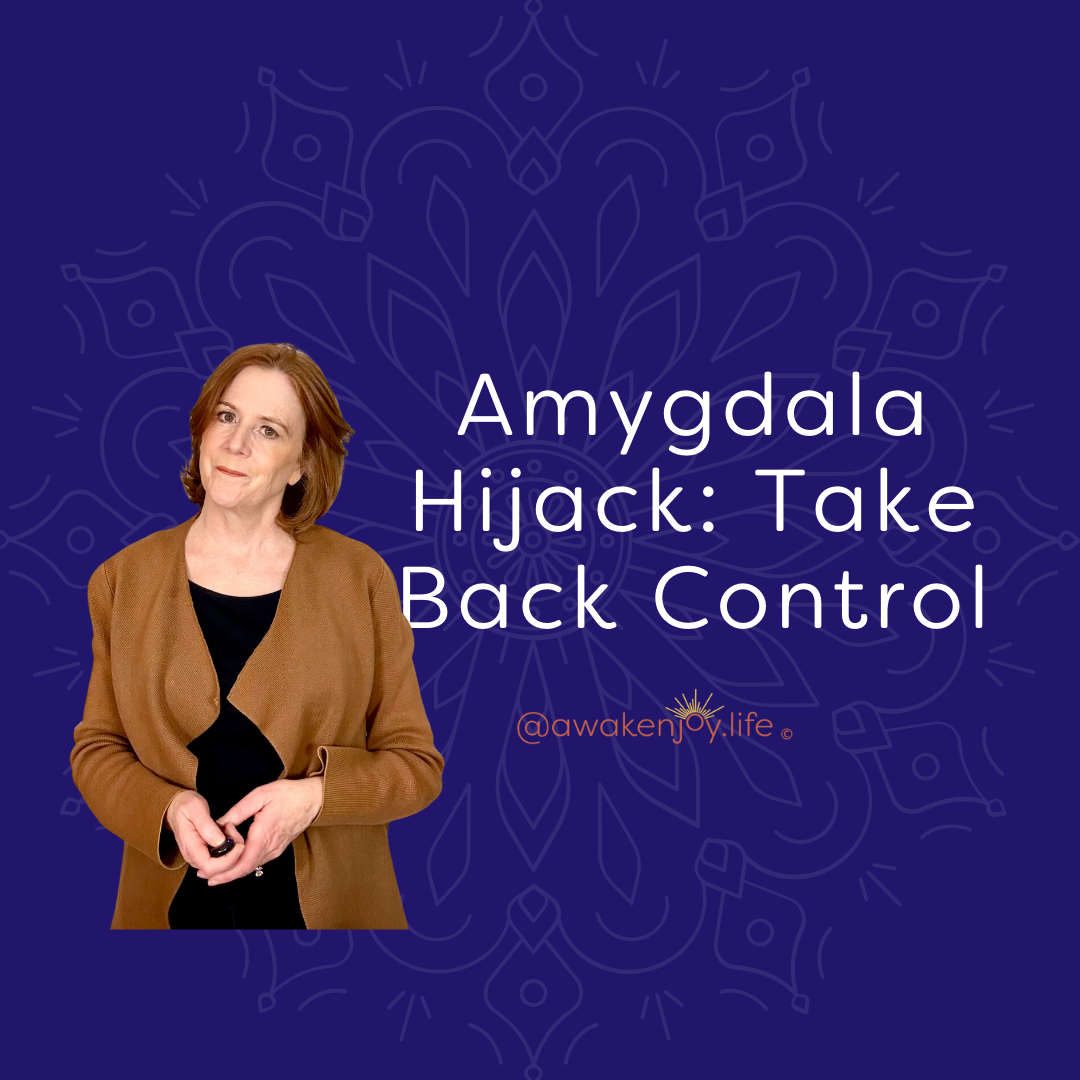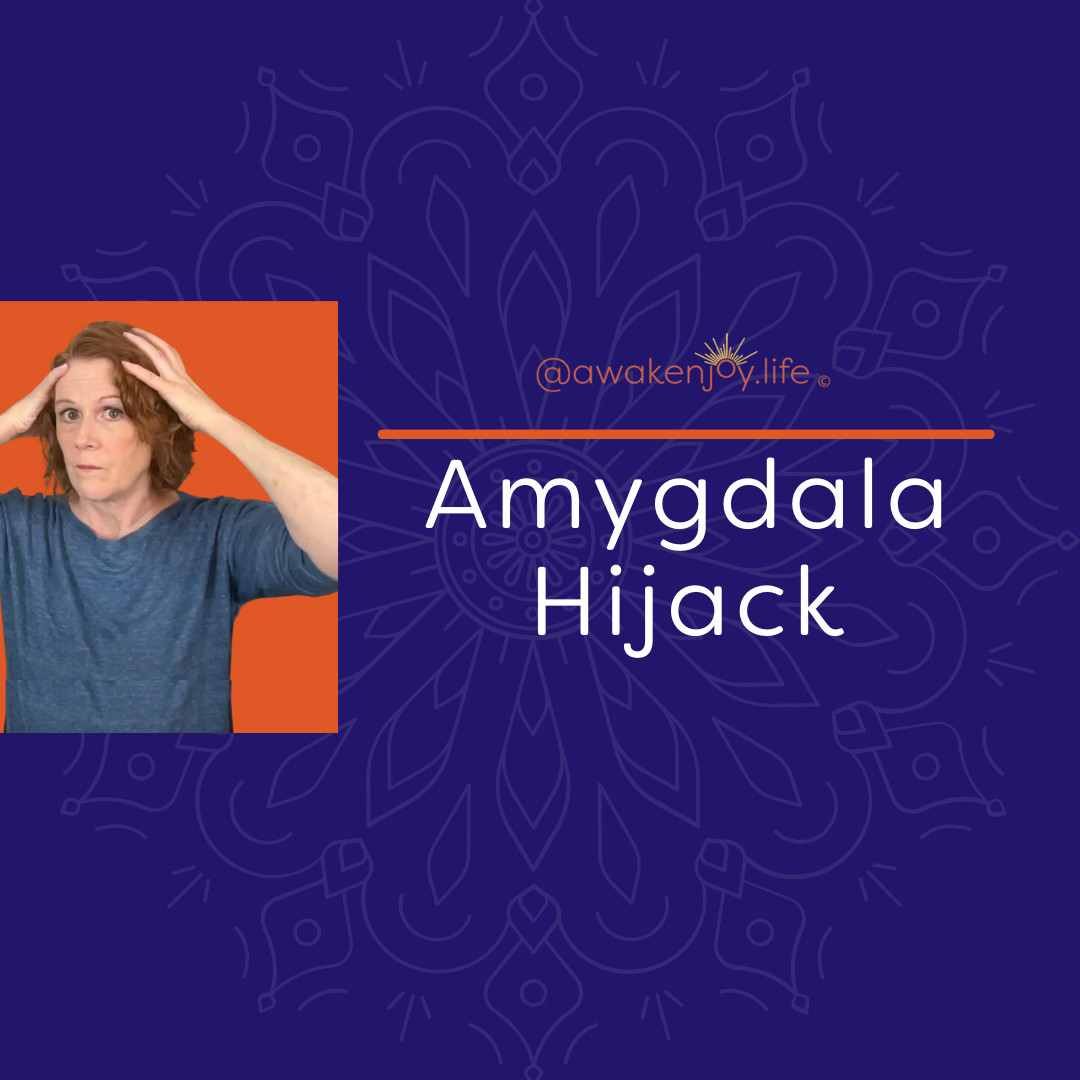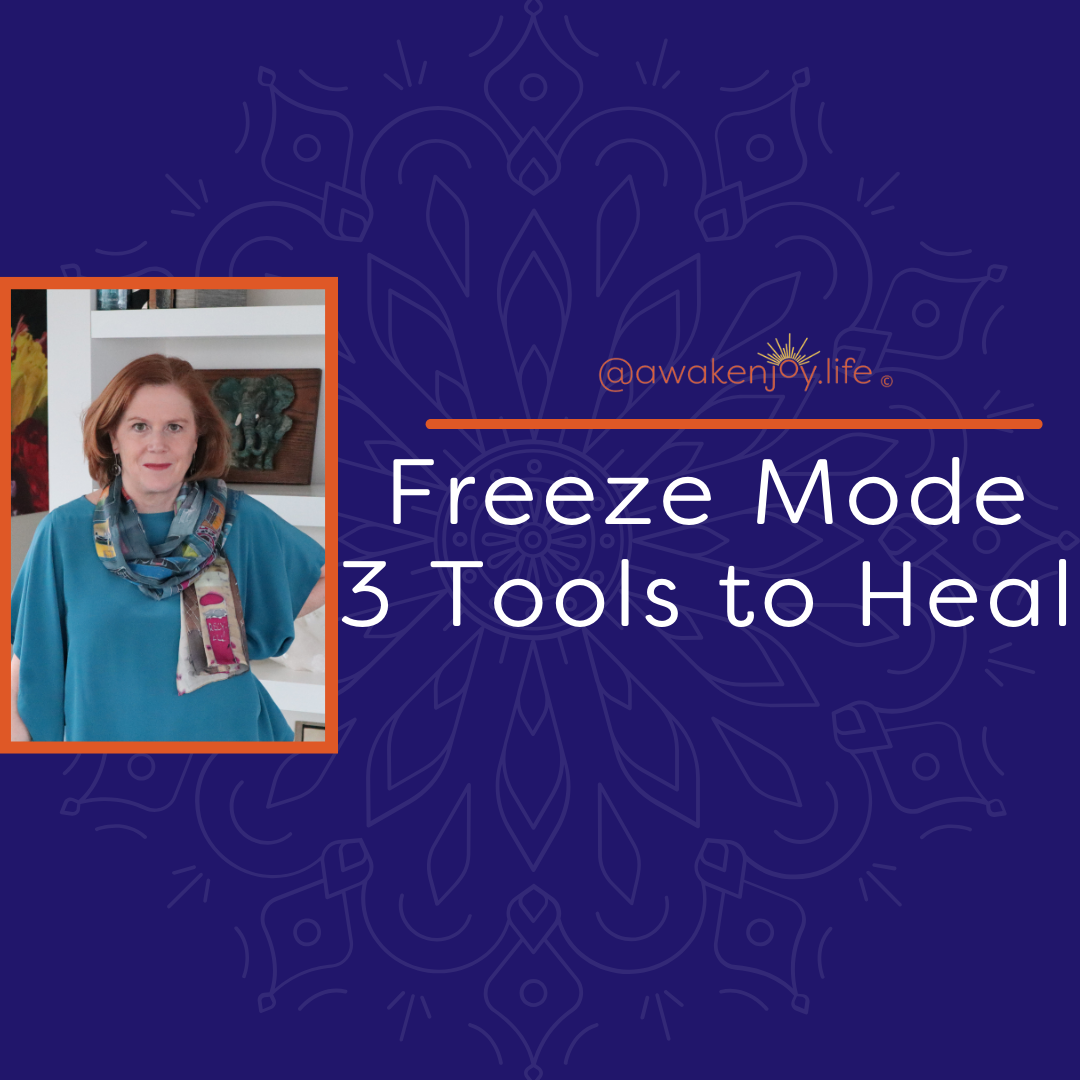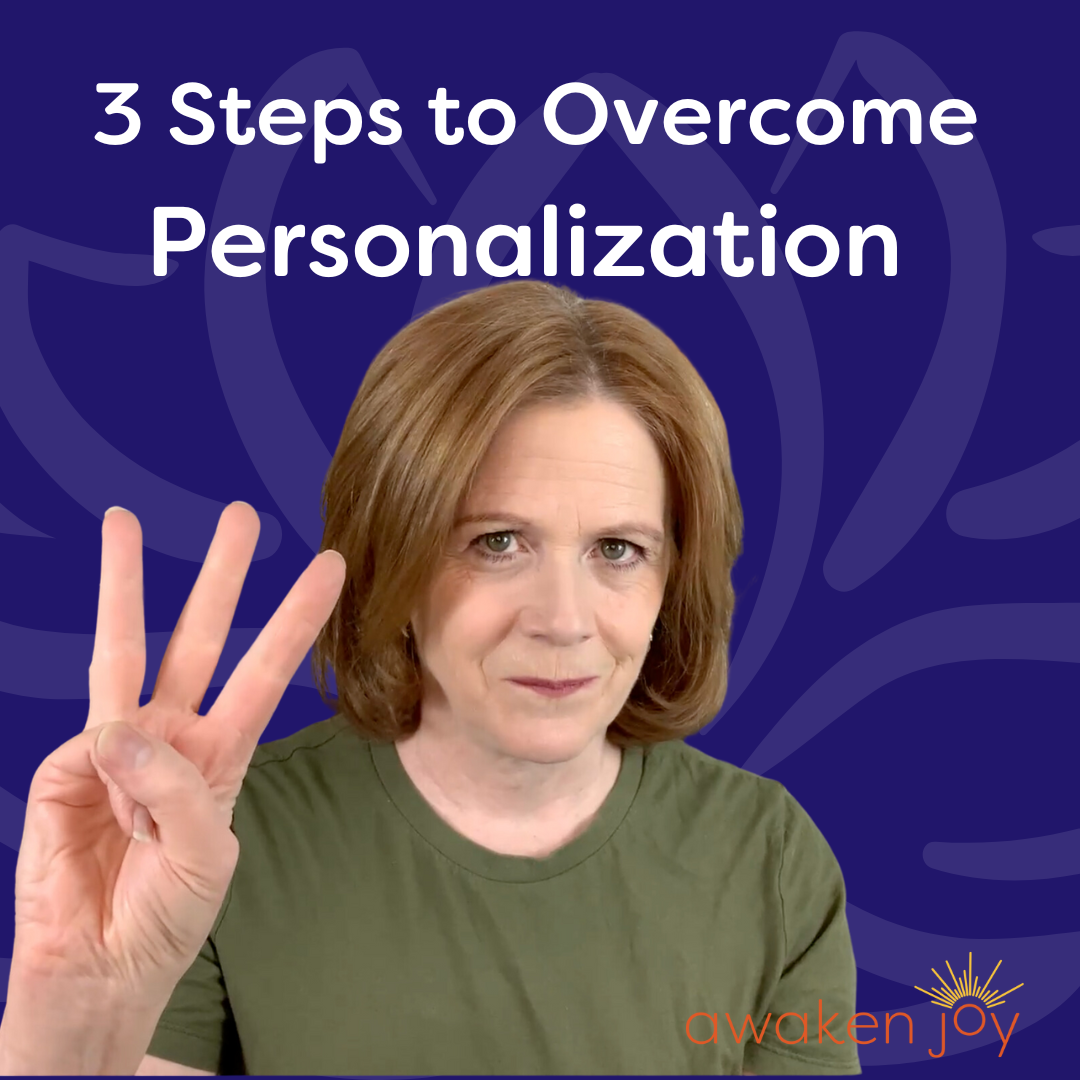Does Staying Busy Help Your Anxiety?

The Downside of Staying Too Busy
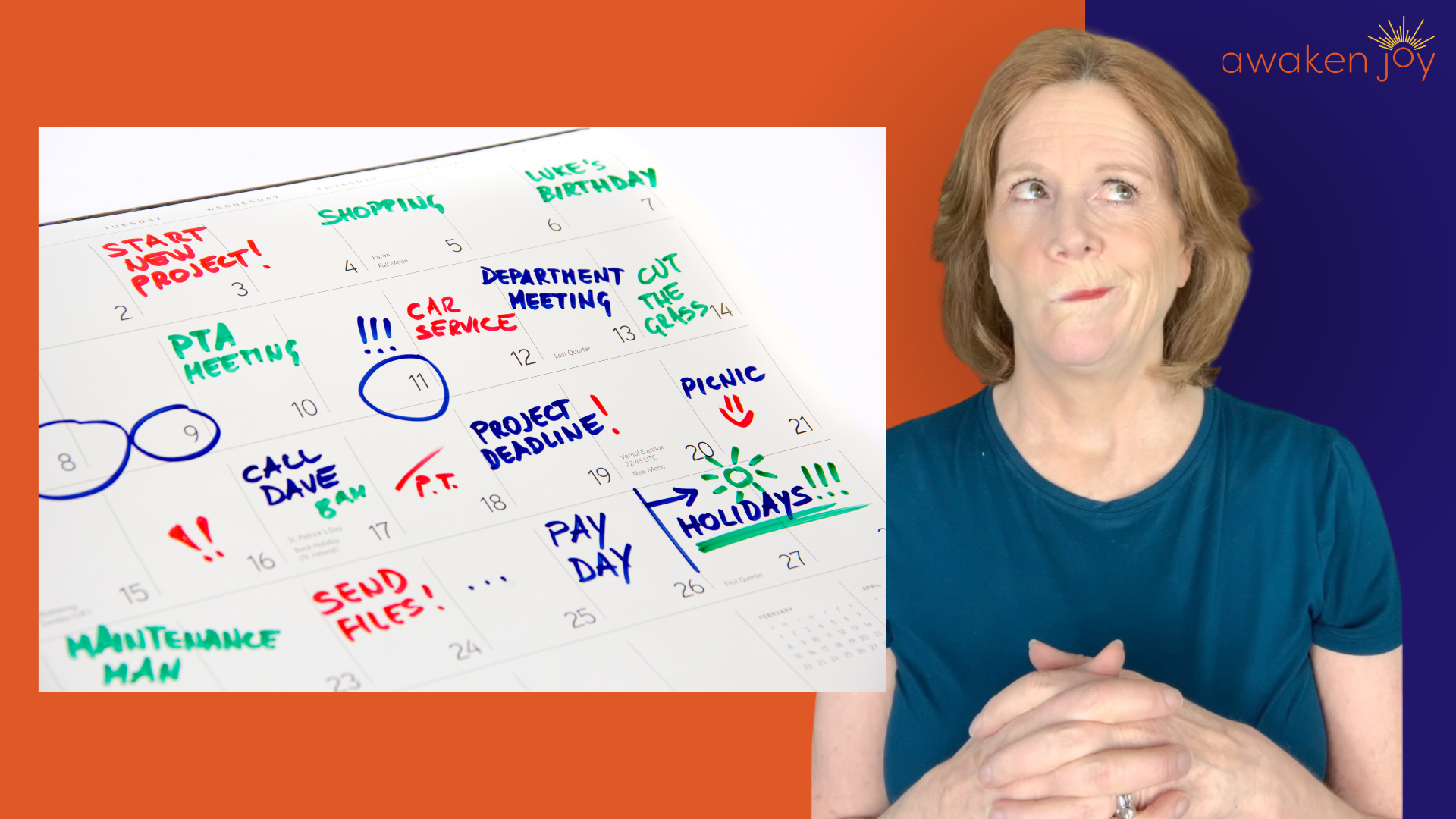
When we have a lot going on emotionally and mentally, it is super common for us to stay busy and try to avoid the difficult issues. We keep busy, busy, busy, so we don't have to think about whatever is causing us stress.
But does this actually help or does this hurt? Does it lower your anxiety or does it make your anxiety worse?
Staying too busy was definitely one of my coping mechanisms when I had a lot of anxiety. It was also super common in the people I worked with as a psychotherapist specializing in helping people recover from anxiety.
And you can recover!
However, we often develop habits that we think are helping us be less anxious. But the habit has a backlash effect and actually makes things worse in the long run. We have to acknowledge these habits, and realize that the seemingly positive impact is actually negative in the long run.
Staying busy usually falls into this category of a habit that feels helpful, but is not.
Now if you overcommit yourself once in a while as a way to not think about a problem you are not ready to address, it might not be a problem. It happens occasionally, and when you realize you've gone a little bit too far in the busyness arena, you pull back.
But for most people,
the overcommitment and the busyness becomes a real driving force, a habit.
In those situations, staying busy all day can lead to a number of other problems. It can interrupt yor sleep, because when you lay down at night, your anxiety has a chance to rush in.
The same thing might happen whenever you try to sit down and rest. Whoosh! It all comes rushing in.
The constant busyness might also cause continually elevated cortisol levels.
That busyness becomes a force that drives you.
At some point, you probably hit overwhelm and burnout. You might also feel a lot of resentment because you are doing so much and other people in your life might either cut back or not step in at all, because you're taking care of everything.
So those are some pretty serious consequences from using a technique that you're doing to make yourself feel better.
Staying busy is a distraction technique, which is a type of avoidance. In general, avoidance makes anxiety worse. [I have a number of
videos on avoidance and anxiety that you can access here, or in blog form
The Avoidance-Anxiety Cycle. ]
If this is a go-to technique for you when you deal with anxiety, and you are becoming aware of the negative consequences, what can you do?
Suggestion #1
Explore the Emotions Under Your Anxiety
My main recommendation is to explore your emotions
under the anxiety. What are you
really
avoiding when you stay too busy so you don't have to feel all of those thoughts and emotions and all that anxiety and all that worry?
While you might think you are avoiding the anxiety, it is likely that your anxiety is covering up other emotions that you really don’t want to feel.
Anxiety is often a coverup emotion for sadness, anger or powerlessness.
In my twenty years of working with people as a psychotherapist, those are the most common emotions that would be covered up by my client’s anxiety.
When I began to explore my anxiety, I realized that there was a lot of sadness underneath it. Sadness about situations I could do nothing about. And I really didn’t want to acknowledge either my powerlessness or my sadness. Or the reality of those situations.
Let me give you an example.
Let's say you have a family member who's engaged in self-destructive behavior. You try every way possible to help. Your anxiety might be on high alert. You thoughts circle around, “When will they be in trouble next? What if I’m not available? What if I don't step in to help?”
You might vacillate between feeling anxious and feeling angry. Why isn't the person doing what they're supposed to be doing, right?
Yet the feelings that truly go with that situation, the deep feeling that goes with the situation is sadness. It's a sad situation. We might have many other feelings, such as disappointment (in ourselves or in the other person), frustration or grief. Also, we're powerless to help. This can be so hard to accept, yet accepting our powerlessness
when we are actually powerless is really, really helpful. It helps our emotional state, and it also helps our own decision-making.
Here is another example.
Let's say you have a loved one in your life who is always crossing your boundaries.
It could be a spouse, parent, sibling,or friend, but it's somebody you care about. You care for them, but you also want to be respected. They aren’t respecting your boundaries or you, and you feel angry about it.
However, you aren’t comfortable with your anger. You really don’t like to feel angry, and you dislike it when someone acts out in anger. You do not want to be “one of those people.”
So rather than express your anger, you push it down, and it might turn into anxiety.
You might stay busy to avoid having to think about the whole situation, to avoid having to make a decision about what to do about the relationship. Your anxiety might kick in at night, with thoughts such as, “How can I fix this situation? What should I be doing differently? How do I get this person to do it differently?”
You might worry, worry, worry about the situation because, fundamentally, you don't want to admit you're angry and you're not comfortable utilizing your anger to make changes.
Anger is a complicated emotion, but it can help us protect ourselves, set boundaries, and make difficult decisions when it's utilized correctly. People confuse the feeling of anger with the acting out of anger.
Acting out in anger is usually not productive. However, feeling the anger, understanding it, validating it, and then
responding to the situation, rather than reacting to it, can be very effective.
Anger is a signal that somebody's crossing our boundaries or hurting our feelings, and it's a protector. Our anger wants to protect us. And if we can learn to listen to it and then communicate effectively, we don't have to communicate in an angry manner. I talk about this a lot in the program I have on boundaries, which is very useful for people who stay too busy, overcommit, take care of other people's problems, or people-please. You can check that program out here:
The Ultimate Boundary Course.
Once you can listen to your anger, you can use assertive communication, (not aggressive, not passive, not passive aggressive, but assertive communication) to stand up for yourself and your boundaries.
Suggestion #2
Explore Your Reliance On Your Competence
If you're the type of person who stays busy all the time, you probably
are super competent. Explore whether you learned this role very young, the role of the “competent” one.
If you learned this young, this may be where your self-esteem comes from. This is where you learned you have value. It is where you got, and probably still get, positive reinforcement from yourself and others.
So using that competence to fix problems is wonderful… unless they're not your problem to solve.
Beginning to understand that you have value simply for being you is a place to start. You are allowed to be a human being, not just a human doing.
Suggestion #3
Learn Mindfulness Meditation and Carve Out Time for Yourself
So how do you do this? How do you figure out what emotion is being avoided by your anxiety? How do you explore the habitual pattern of “competence”?
First, you’ll need to slow down and take some time to allow yourself to feel the anxiety.
And, yes, when you try to relax, your anxiety might increase. Let it happen. Feel it. Sit with it. Take some time to explore and see if you can go deeper. Go down inside to tap the core emotion driving this.
Learning mindfulness meditation helps us develop our “observer” brain. The observer brain can step back from our thoughts and emotions without immediately reacting. This actually allows our emotions to be heard more clearly,
Carving out time for yourself for healthy relaxation is also very important. It helps to keep your parasympathetic and sympathetic nervous system in balance. This will calm the cortisol response, and a calmer physiology will help your emotions feel calmer as well.
Both of these will help you allow your emotions to speak. These deeper emotions have a lot to communicate to us. They can help us make better decisions. They can help us know what we really want, so we are able to move forward towards what we truly want.
Blog Author: Barbara Heffernan, LCSW, MBA. Barbara is a licensed psychotherapist and specialist in anxiety, trauma, and healthy boundaries. She had a private practice in Connecticut for twenty years before starting her popular YouTube channel designed to help people around the world live a more joyful life. Barbara has a BA from Yale University, an MBA from Columbia University and an MSW from SCSU. More info on Barbara can be found on her bio page.
Share this with someone who can benefit from this blog!
